If you’re born Italian, then you’ve historically had a better chance of being pope. But these countries have also given a native son to the Throne of Peter.August 21 marks the feast day of Pope St. Pius X, who was born Giuseppe Melchiorre Sarto – a very viable birth name for a pope, considering that the position historically has been in large part an Italian one.
Aside from Italian papal predominance, the French and the Greeks have figured most prominently: There have been 15 French popes and a dozen of Greek descent.
Meanwhile, several ethnicities have held the papal position once, and only once …
Pope St. Peter – Galilean (Jewish)
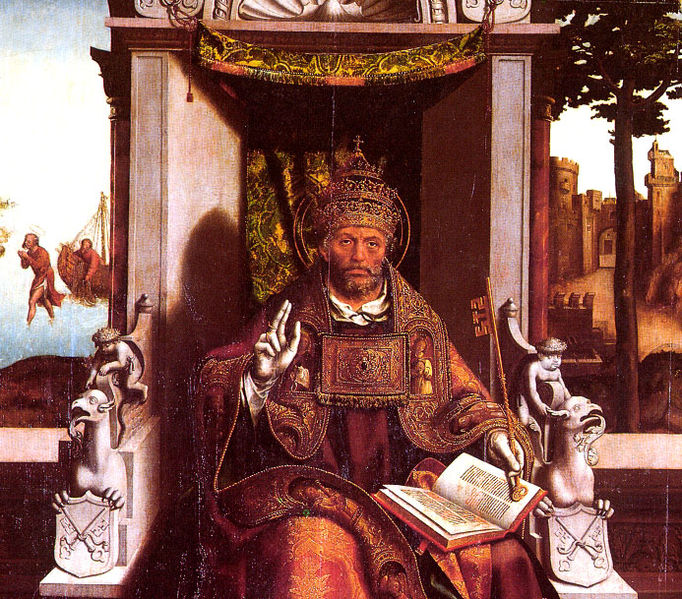
Peter was born in the village of Bethsaida in the region of Galilee, located in northern Israel. He was a Jewish fisherman before his baptism into Christianity and ensuing role as the leading disciple of Jesus. Most scholars agree that Peter went to Rome and met with martyrdom there. He is considered the first Bishop of Rome.
John IV – Dalmatian (Croatian)
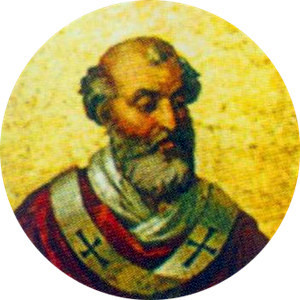
Born in the Dalmatia region of what is now Croatia, John IV served from December 640 to October 642. Richard P. McBrien’s Pocket Guide to the Popes relates how his brief and now obscure pontificate was heavily involved with condemning the heresy of Monothelitism, which held that Jesus had a divine will only, as opposed to having both a human and a divine will.
Adrian IV – English
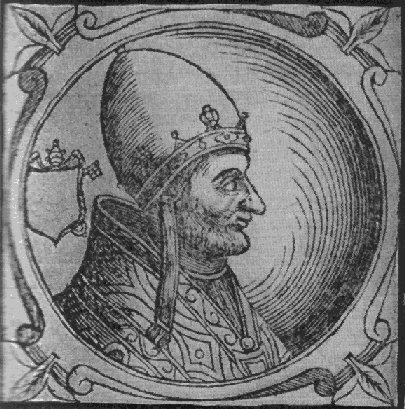
Born Nicholas Breakspeare around the year 1100 in Hertfordshire, he entered an Augustinian monastery in France. Upon his becoming an abbot, Rome began to receive complaints about his excessive strictness. The Church hierarchy, however, chose to regard such complaints as an endorsement, so the future Adrian IV’s career trajectory climbed sharply. His papal tenure lasted from December 1154 to September 1159. He remains a controversial figure for some, as he reportedly encouraged England’s King Henry II to invade Ireland, thereby beginning centuries of English occupation in that country.

Read more:
These popes held their offices for a pathetically short time
Adrian VI – Dutch
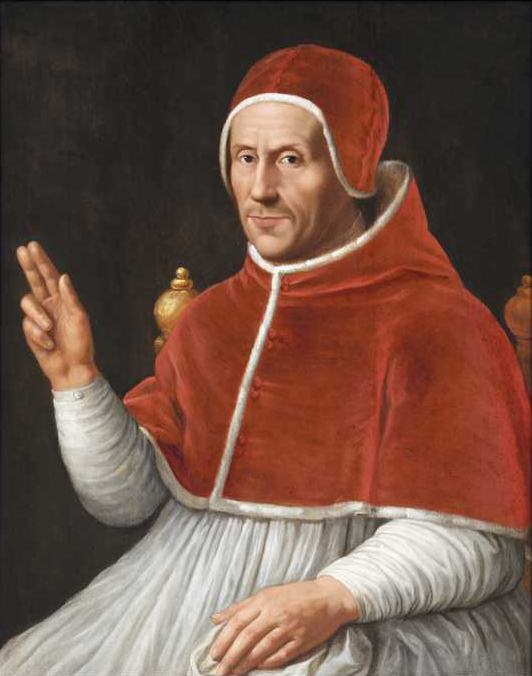
Born in Utrecht in 1459, Adriaan Florensz would become Pope Adrian VI – one of only two popes in the last thousand years who did not adopt a new name upon becoming Bishop of Rome. Before his short pontificate began in January 1522, he had served as Grand Inquisitor of several Spanish kingdoms. As pope, he remained unpopular, owing to his comparative frugality and willingness to address corruption within the Church. Following a brief illness, he died on September 14, 1523. Rome had few mourners, and the papal doctor actually received flowers for having failed to keep his patient alive.
Pope St. John Paul II – Polish
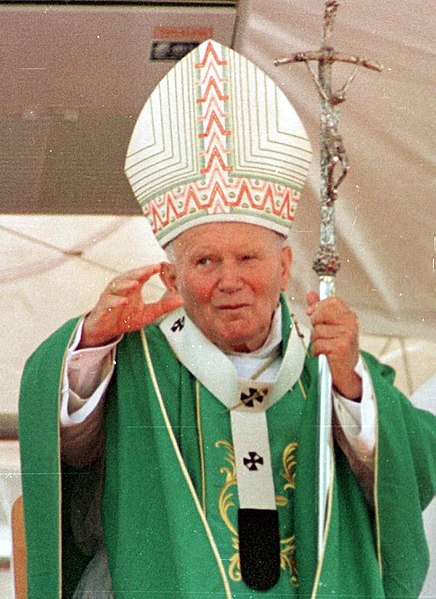
Though they had to wait a long time, the Poles went mega-platinum with their one-hit wonder, who was born Karol Wojtyła in 1920. Ordained right after WWII in 1946, he became the archbishop of Krakow in 1963 and was made a cardinal four years later. He also contributed significantly to the Second Vatican Council.
When his papal tenure began in October 1978, he became the first non-Italian pope in more than 450 years. A master of foreign languages, he was able to speak directly to numerous Catholics in their mother tongue. Also a compelling figure to many non-Catholics, he became the preeminent agent of interfaith dialogue, which sometimes included the acknowledgment of past wrongdoing perpetrated by Christians against non-Christians.
Three years into his pontificate, an assassination attempt very nearly claimed his life. But he recovered and proceeded to serve for more than 26 years in total, making his tenure the second-longest in the modern era. Fast-tracked for sainthood after his April 2005 death, he was beatified in May 2011 and canonized on April 27, 2014.

Read more:
Of the 266 men who have been pope, how many were canonized saints?
Pope Francis – Argentine (?)
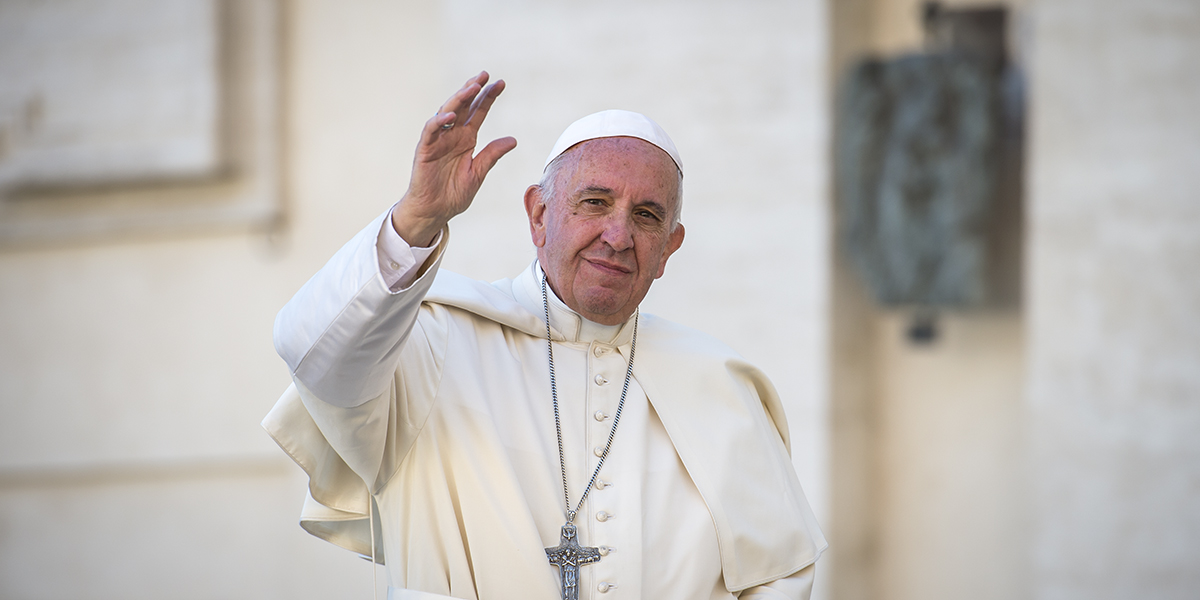
The current pope, Francis, was born Jorge Mario Bergoglio in 1936 in Buenos Aires. His parents were Italian natives who relocated to escape the fascist dictatorship of Benito Mussolini. Readers can decide if this background suffices to qualify an Argentine as a papal one-hit wonder. The question is complicated further in that Argentina, like the United States, is such a multicultural society that being Argentine is not typically regarded as an ethnic identity.

Read more:
Pope remembers his mother: Strong in suffering and always able to stretch the family funds
… If you think being a papal one-hit wonder sounds rather flimsy, it’s still probably better than having gone completely popeless. Such is the luck of the Irish who – despite being largely Catholic for more than a millennium, and suffering much for the faith – have produced a grand total of zero popes. Ireland will receive some papal recognition, however, in the form of a visit from Francis later this week.








